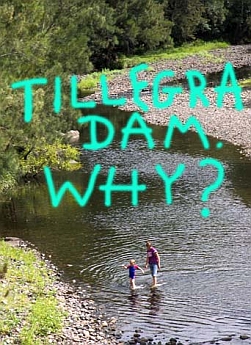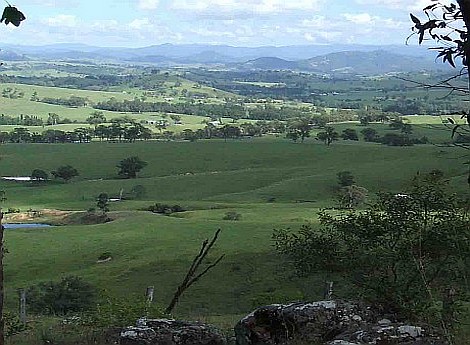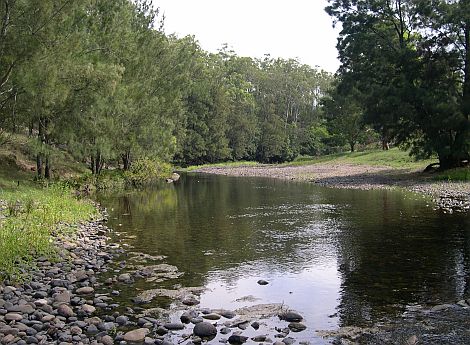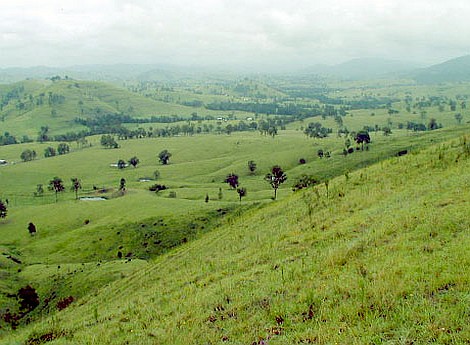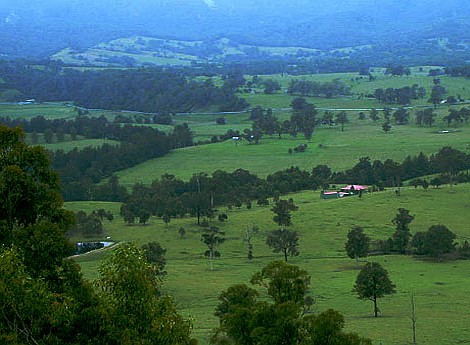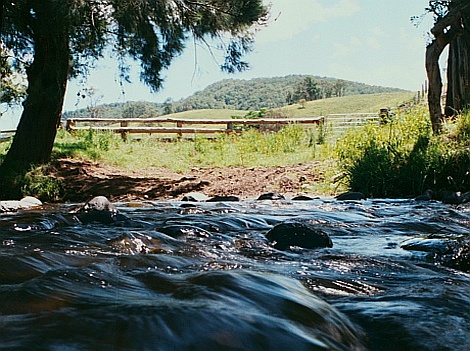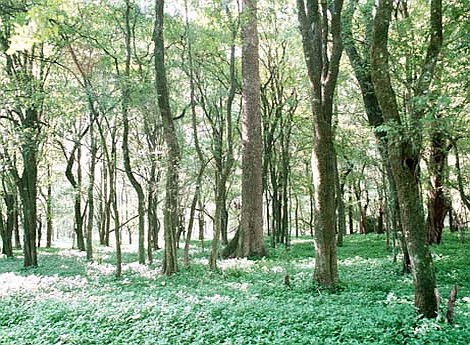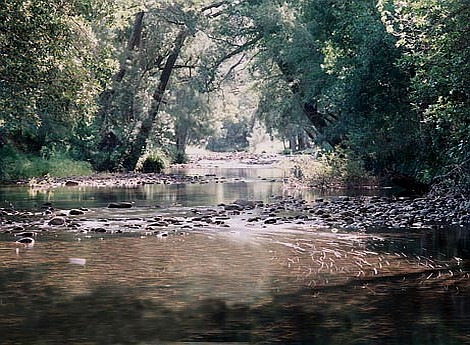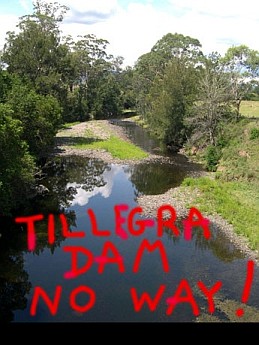New dam counterproductive
Now is the time to pull the plug on Tillegra
New year’s resolutions tend to be for the greater good: I’ll be a better listener; I’ll spend more time with my children; I’ll reduce my carbon footprint. And doesn’t it make a difference, now that we have a national commitment to engagement in the fight against climate change? We have leadership that, in short, will encourage us all to change our minds, to become personally involved in the reduction of greenhouse gas emissions. For the greater good.
My new year’s resolution is to continue to oppose the Tillegra Dam. Because organic decomposition in big dams generates a lot of methane – a far more potent heat-trapping gas than carbon dioxide. Because we waste a lot of water and a lot of it is hot water: if we use that more frugally we use less gas or less coal, and so it’s better for the planet (and better for our pocket). And because there are more sustainable ways to water.
If next week the State Government were to announce the abandonment of the Tillegra Dam I doubt anyone would raise a whimper. Hunter Water would be cranky because they’ve been beavering away at planning for a year, but in their heart of hearts they know that big dams are enormously environmentally destructive. (Tillegra would flood forever 20 square kilometres of prime farmland and 21 kilometres of a beautiful, wildlife-rich river.) They would publicly talk up recycling and stormwater harvesting and tanks. They might consider the state-of-the-art wind-powered desalination plant supplying water to Perth. And they’d campaign harder for water-use efficiency. A change of mind for the greater good. Who would complain?
Developers might change their minds in 2008 and balance the increased cost of including water tanks and grey-water recycling systems in their house packages with promotion of less expensive, smaller sized homes that use space more cleverly. They might resolve to link in with plant nurseries to change the emphasis from water-thirsty gardens and lawns to native species tolerant of dry spells. Buyers would adapt.
The Tillegra Dam takes little account of the human capacity to adapt to changing circumstances. It fails us badly because it panders to base human instinct: if there’s plenty of water let’s use plenty of water. Yet in other areas of resource consumption we are doing better with less.
Domestically and industrially we are rapidly becoming more energy-conscious. We are buying more fuel-frugal cars, and using our vehicles more thoughtfully. We know that while coal may be there in seeming abundance there is a cost to its consumption in changing weather: so we switch to compact fluorescent light bulbs and we adjust the thermostat on the hot water service and the air conditioner. We fear rising sea levels and we switch to more expensive, but environmentally low-impact green power. Less petrol. Less coal. Little by little we are changing our minds.
It begs an obvious question: if we can do it for these resources why can’t we do it for water? Scrap Tillegra: it’s a resolution for the greater good.
Ken Rubelli
Wangat Lodge
Published in the Newcastle Herald on 26/12/2007
